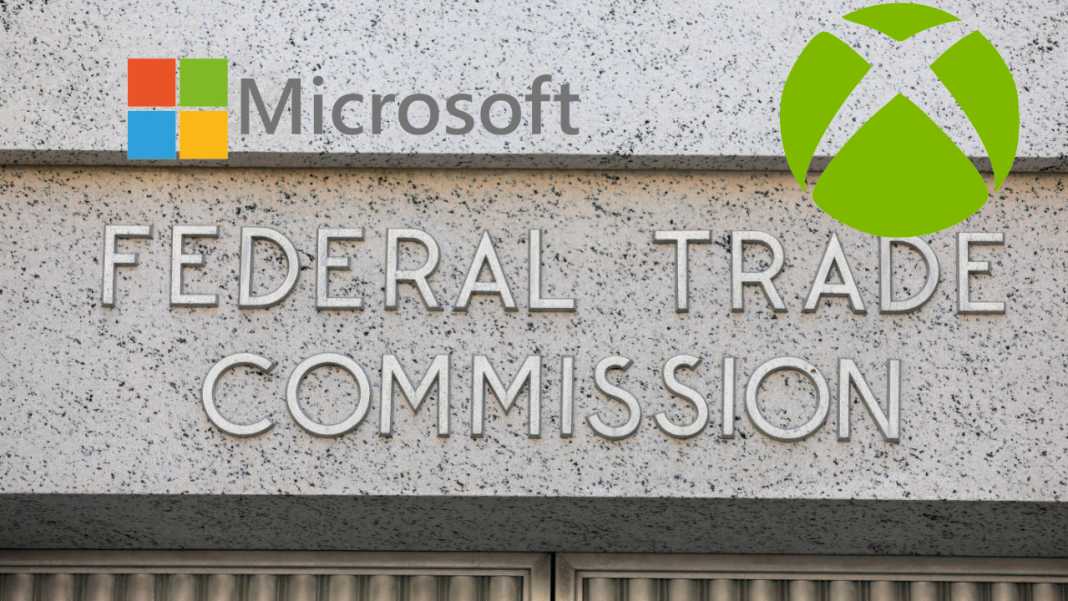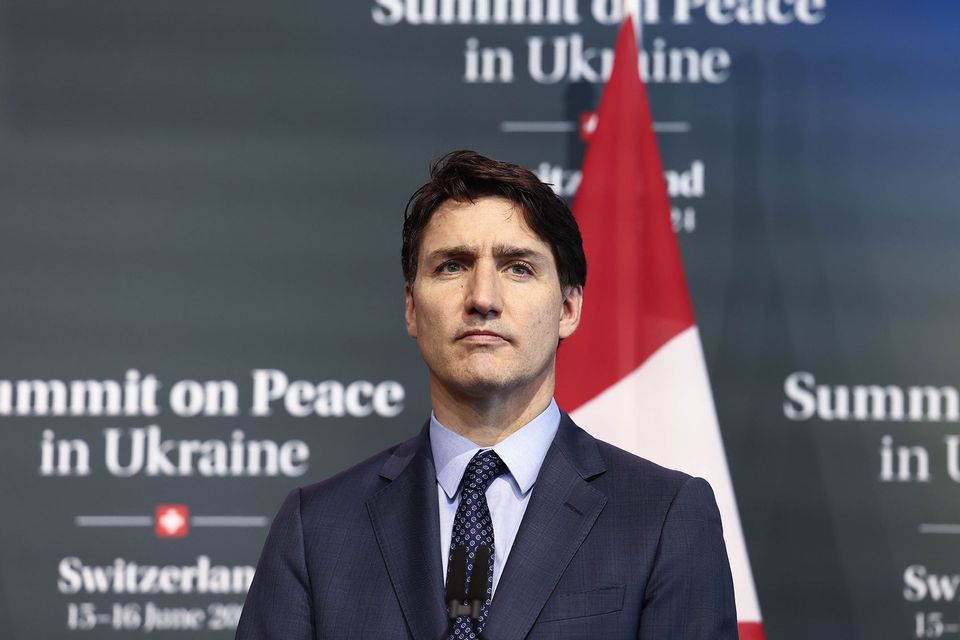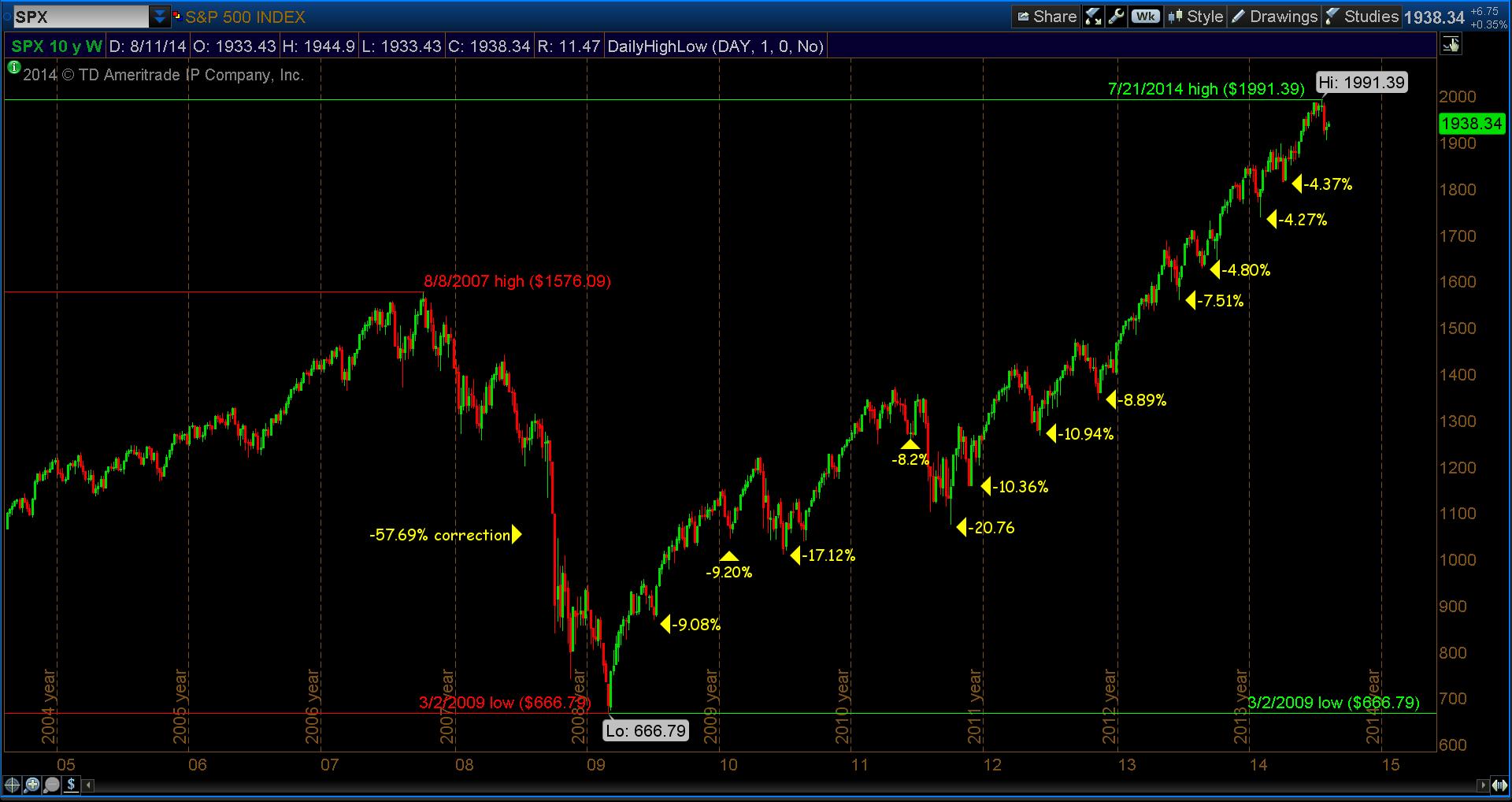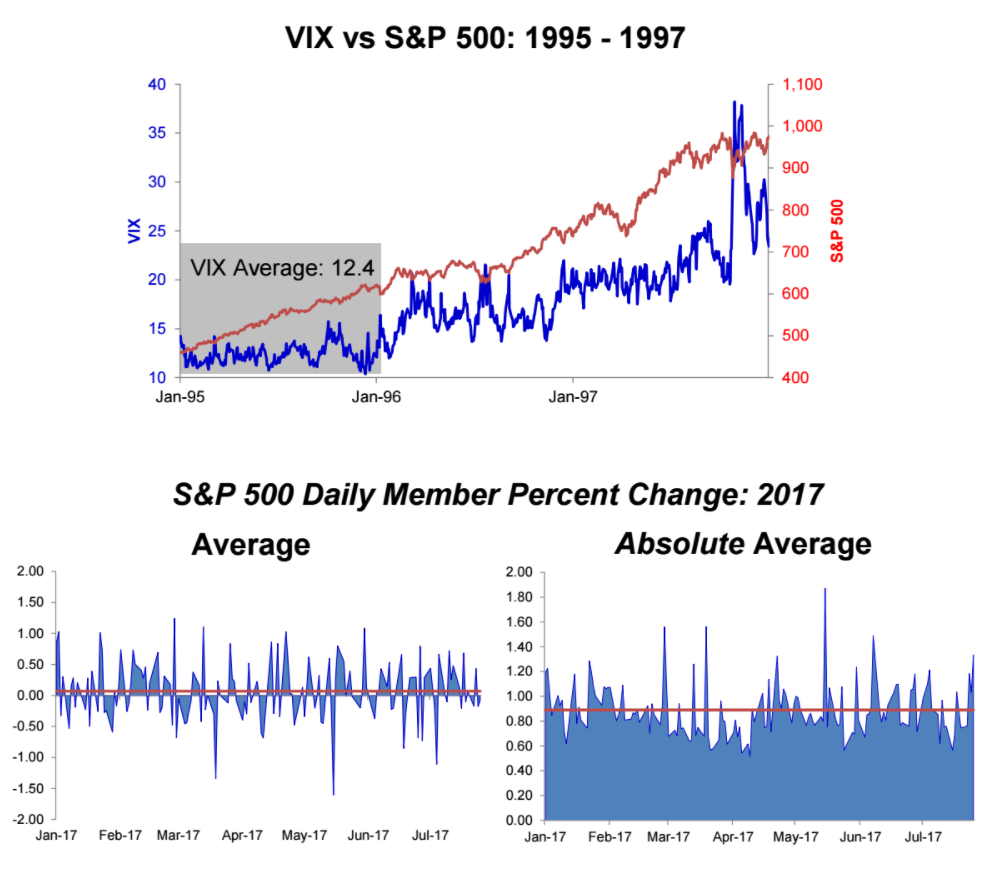FTC Appeals Microsoft-Activision Merger Ruling

Table of Contents
The FTC's Arguments Against the Merger
The FTC's opposition to the Microsoft-Activision Blizzard merger centers around several key concerns.
Concerns about reduced competition
The FTC argues that Microsoft's acquisition of Activision Blizzard, a major player in the gaming industry, will significantly reduce competition, particularly concerning popular titles like Call of Duty. This could lead to several negative consequences:
- Reduced consumer choice: Microsoft could make Call of Duty and other Activision Blizzard titles exclusive to Xbox, limiting player options on PlayStation and PC.
- Increased prices: Without competition, Microsoft could raise prices for Activision Blizzard games, potentially harming consumers.
- Stifled innovation: Less competition could lead to reduced innovation in game development and features.
Potential for anti-competitive practices
The FTC worries that Microsoft could use its newfound power to engage in anti-competitive practices, hindering other companies' ability to compete. This includes:
- Exclusive content: Making Activision Blizzard games exclusive to Xbox or its services, thus limiting their availability to players on other platforms.
- Higher prices for competitors: Forcing other gaming companies to pay exorbitant fees to access Activision Blizzard's intellectual property.
- Market manipulation: Utilizing its control of Activision Blizzard's titles to deliberately disadvantage competitors.
The impact on cloud gaming
The FTC also expresses concern about the merger's potential to stifle innovation and competition in the rapidly growing cloud gaming market. They argue:
- Reduced market share: Microsoft's dominance could limit the opportunities for other cloud gaming providers.
- Limited access: Microsoft could restrict access to Activision Blizzard games on rival cloud platforms.
- Stifling of innovation: Less competition could lead to slower innovation and fewer choices for consumers in the cloud gaming space.
Microsoft's Defense of the Merger
Microsoft counters the FTC's claims by emphasizing the potential benefits of the merger.
Arguments for increased competition
Microsoft argues that the merger will increase competition by making Activision Blizzard games more accessible to a broader audience through various platforms and services:
- Cross-platform availability: Microsoft plans to make Activision Blizzard games available on multiple platforms, including PlayStation, Xbox, and PC.
- Game streaming services: The merger could expand game streaming services, broadening access to games for a wider range of players.
- Broader access to Activision Blizzard titles: The merger could result in more people having access to Activision Blizzard's vast library of games.
Benefits for gamers
Microsoft highlights numerous benefits for gamers, claiming the merger will improve the gaming experience:
- Improved game accessibility: Bringing Activision Blizzard games to more platforms and services will increase accessibility for gamers.
- Enhanced game quality: Microsoft pledges to invest in improving the quality of Activision Blizzard games.
- Greater variety of games: The combined resources could result in a wider variety of games being offered to consumers.
Addressing FTC concerns
Microsoft has addressed the FTC's concerns with proposed remedies and concessions:
- Proposed remedies: Microsoft has offered various remedies to address the FTC's antitrust concerns.
- Concessions made by Microsoft: They have made several concessions to try and alleviate the FTC's worries about reduced competition.
- Counterarguments to the FTC's claims: Microsoft has presented counterarguments refuting the FTC's assessment of the merger's potential impact.
Implications of the FTC Appeal
The FTC's appeal carries significant implications for the gaming industry and beyond.
Potential outcomes
Several potential outcomes exist, each with far-reaching consequences:
- FTC success (blocking the merger): This would set a significant precedent for future tech mergers and acquisitions.
- Microsoft success (merger proceeds): This would consolidate Microsoft's position in the gaming market.
- Negotiated settlement: A compromise might be reached, involving concessions from Microsoft to address the FTC's concerns.
Legal precedents
This case could set crucial legal precedents for future mergers and acquisitions in the tech industry:
- Impact on future mergers and acquisitions in the tech industry: The outcome will influence how future mergers are scrutinized.
- Especially within the gaming sector: The gaming industry will be particularly affected by the precedent set.
The future of the gaming landscape
The FTC appeal will significantly impact the future of the gaming landscape:
- Potential for future regulatory changes: This case could lead to stricter regulatory scrutiny of mergers in the tech sector.
- Shifts in market power: The outcome will shift the balance of power within the gaming industry.
- Changes in consumer behavior: The decision will influence how consumers access and play games.
Conclusion: The FTC's Appeal and the Future of the Microsoft-Activision Merger
The FTC's appeal of the Microsoft-Activision Blizzard merger ruling represents a critical juncture for the gaming industry. Both sides present compelling arguments, highlighting the complex interplay between competition, innovation, and consumer welfare. The outcome will have significant implications, shaping the future of gaming mergers and potentially setting precedents for future tech acquisitions. The potential for reduced competition versus enhanced accessibility hangs in the balance. To stay informed about this crucial development and its impact on the future of gaming, follow the FTC appeal, stay updated on the Microsoft-Activision situation, and learn more about the future of gaming mergers.

Featured Posts
-
 Times Trump Interview 9 Key Takeaways On Annexing Canada Xis Calls And Third Term Ambitions
Apr 28, 2025
Times Trump Interview 9 Key Takeaways On Annexing Canada Xis Calls And Third Term Ambitions
Apr 28, 2025 -
 Ai Browser Wars An Interview With Perplexitys Ceo
Apr 28, 2025
Ai Browser Wars An Interview With Perplexitys Ceo
Apr 28, 2025 -
 Kuxius Solid State Power Bank Higher Cost Longer Life
Apr 28, 2025
Kuxius Solid State Power Bank Higher Cost Longer Life
Apr 28, 2025 -
 International Figures Unite At Pope Francis Funeral Service
Apr 28, 2025
International Figures Unite At Pope Francis Funeral Service
Apr 28, 2025 -
 Understanding Market Corrections Professional Selling And Individual Buying
Apr 28, 2025
Understanding Market Corrections Professional Selling And Individual Buying
Apr 28, 2025
Latest Posts
-
 Lingering Effects Toxic Chemicals In Buildings After Ohio Train Derailment
Apr 28, 2025
Lingering Effects Toxic Chemicals In Buildings After Ohio Train Derailment
Apr 28, 2025 -
 Ohio Train Derailment Prolonged Exposure To Toxic Chemicals In Buildings
Apr 28, 2025
Ohio Train Derailment Prolonged Exposure To Toxic Chemicals In Buildings
Apr 28, 2025 -
 Months Of Toxic Chemical Contamination Following Ohio Train Derailment
Apr 28, 2025
Months Of Toxic Chemical Contamination Following Ohio Train Derailment
Apr 28, 2025 -
 Ohio Train Derailment Toxic Chemical Lingering In Buildings Months Later
Apr 28, 2025
Ohio Train Derailment Toxic Chemical Lingering In Buildings Months Later
Apr 28, 2025 -
 Understanding The Volatility Of Gpu Prices
Apr 28, 2025
Understanding The Volatility Of Gpu Prices
Apr 28, 2025
